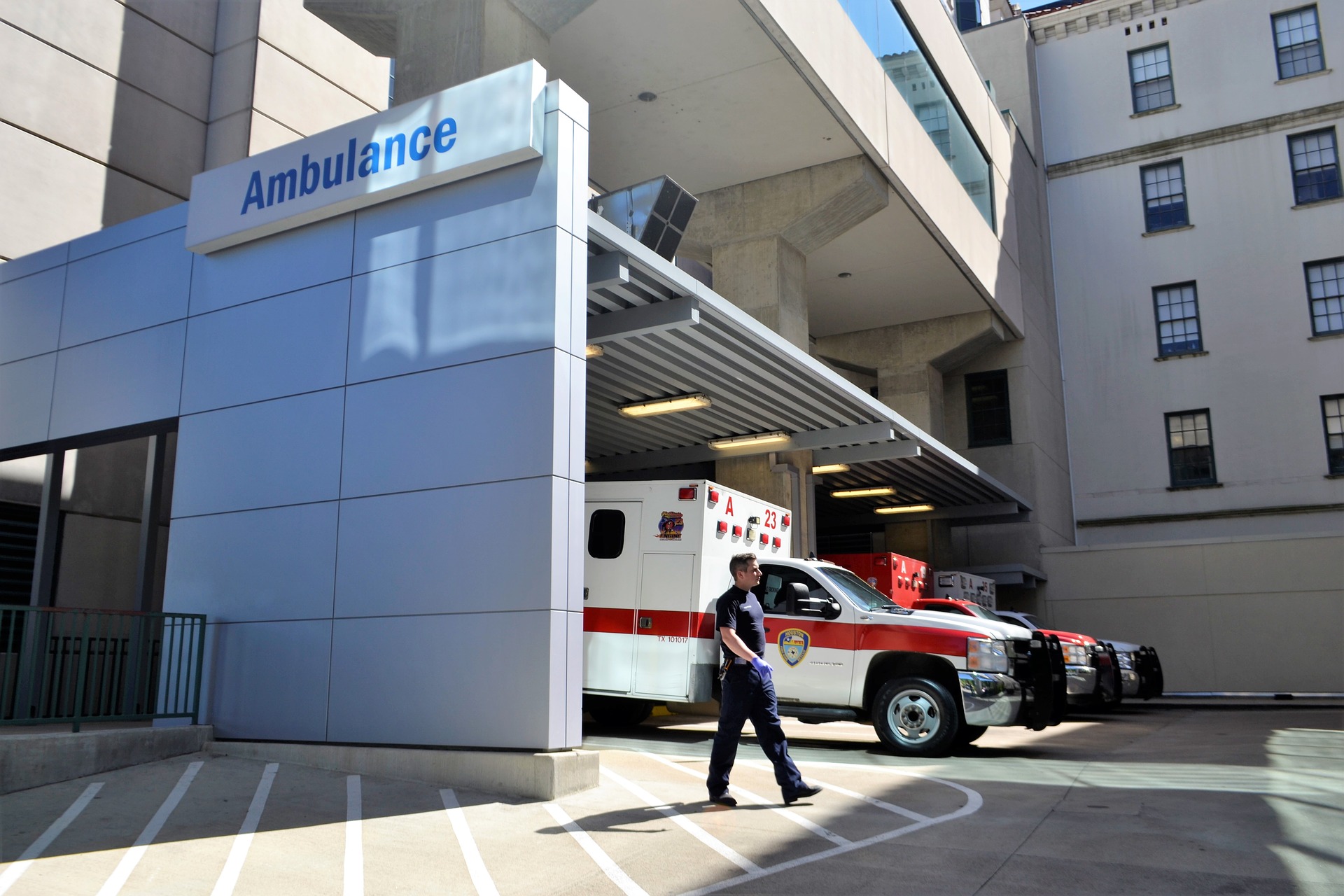
Many times a sudden illness or injury can leave you wondering how to receive the fastest, most efficient medical care. If your primary care doctor is not open and you feel you need immediate care, you can visit the emergency room or urgent care. But how do you know the difference between the two, and which is the best choice?
What’s the Difference?
While their names both imply that they provide fast medical care, urgent care, and the emergency room are not exactly the same. Urgent care centers can be very helpful when you are sick or sustain a minor injury during hours when your primary care doctor’s office is not open and you don’t feel you should wait to get an appointment.
Emergency rooms as part of a hospital offer medical care 24/7. Urgent care typically has more extended hours than your primary care doctor, but they are not open all day and night. Emergency rooms also contain more equipment to deal with more critical medical ailments.
When Should You Go to Urgent Care?
Many people show up in emergency rooms across the United States for treatment of injuries or illnesses that could have been taken care of at an urgent care center. People often use the emergency room as a place to receive after-hours medical care because they don’t realize there’s another option. Urgent care clinics are equipped to handle injuries and medical concerns that need urgent treatment but are not life-threatening emergencies. Ailments that can easily be treated at an urgent care center include, fever with no rash, vomiting, diarrhea, abdominal pain, wheezing, shortness of breath, dehydration, cuts that may require stitches, sprains, and mild, flu-like symptoms.
If your symptoms present themselves during the week, it’s certainly worth calling your primary care doctor to see if you can get an appointment quickly. If not, while urgent care is not a substitute for your regular doctor, it is always an option.
When Should You Go to the Emergency Room?
Some medical ailments are considered emergencies since they require more advanced treatments or quick fixes that only a hospital can provide. Some conditions that require an emergency room visit include pain in the chest, difficulty breathing, head injuries, eye injuries, slurred speech, numbness on one side of the body, severe cold or flu symptoms, seizures, fever with a rash, facial lacerations, broken bones, severe cuts that need stitches, any bleeding during pregnancy, among others.
In severe cases where you don’t feel you should drive yourself or your loved one to the emergency room, you should call 911. Especially if the situation is life-threatening, calling 911 is always the best course of action since paramedics can start performing medical care on the way to the emergency room.
Emergency rooms and urgent care centers both provide quick, after-hours care. But, it’s best to use them wisely so that you can be sure you are getting the most appropriate care. As a general rule of thumb, if you’d see your regular doctor for your medical concern but are unable to get an appointment quickly enough, urgent care is the best option. If your medical ailment is more severe than what your primary doctor would see you for, you should visit the emergency room.

